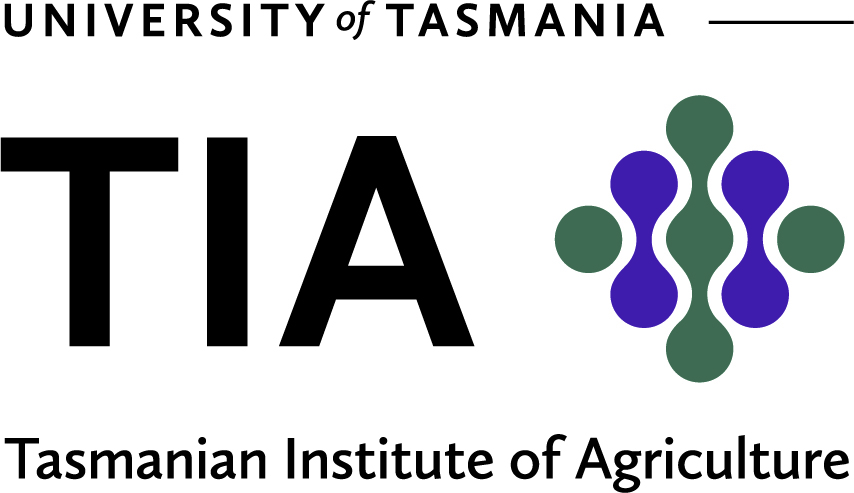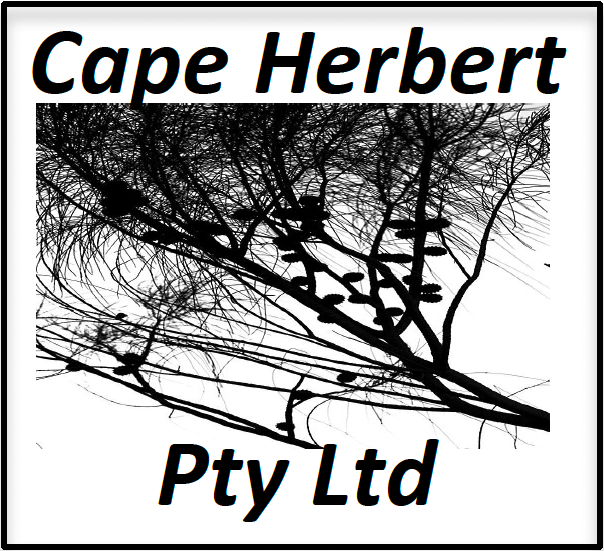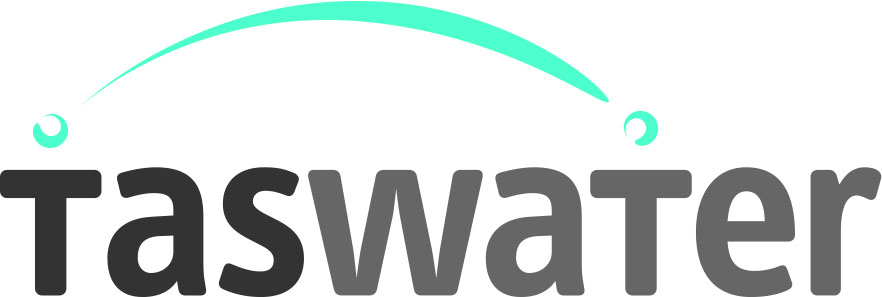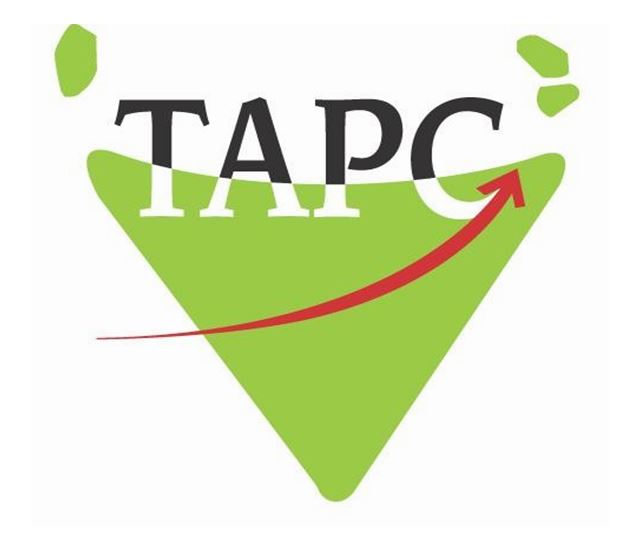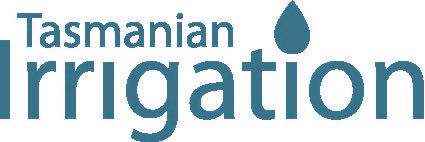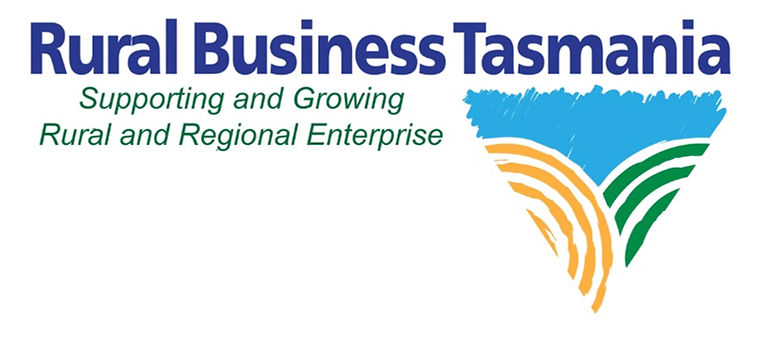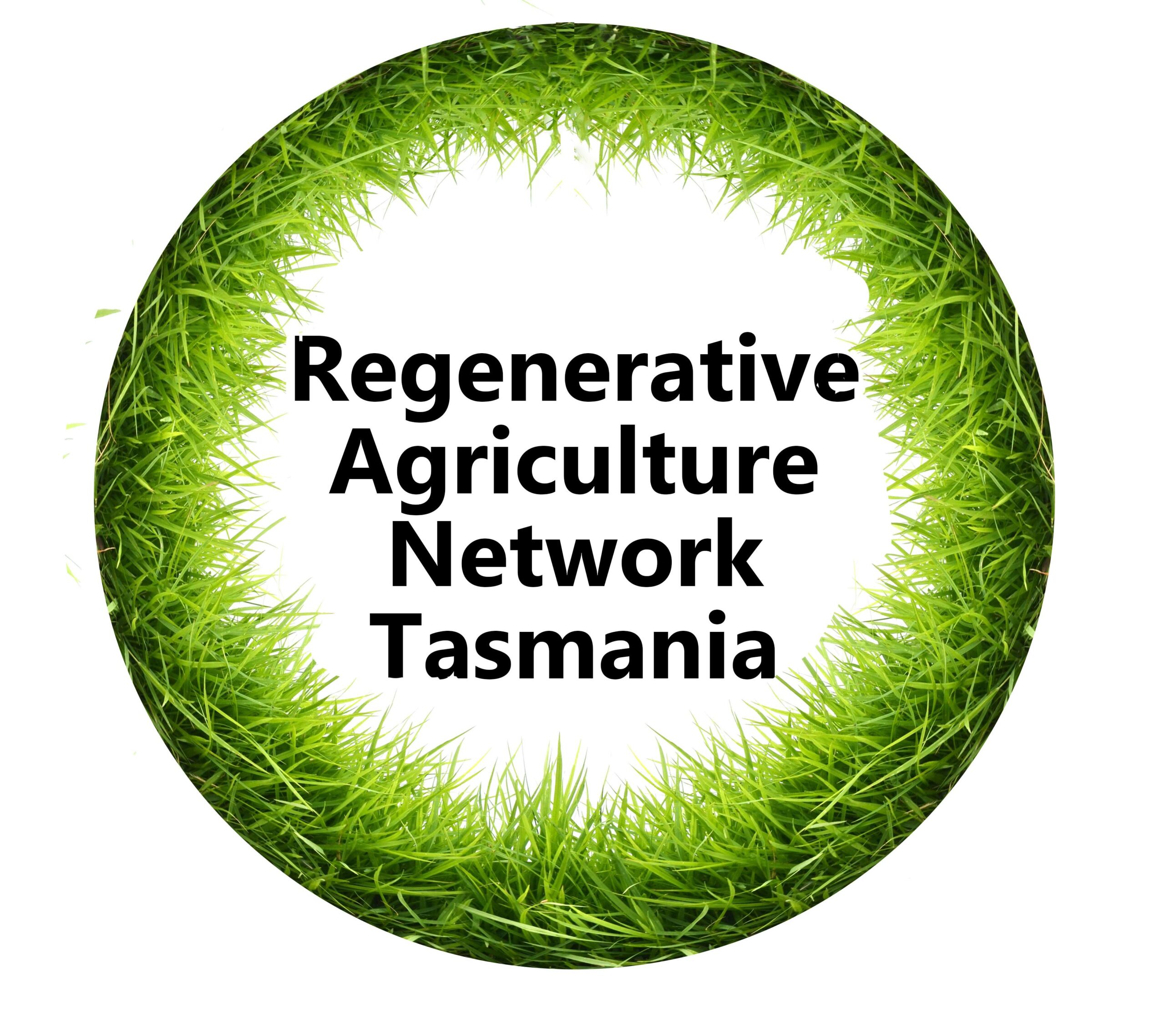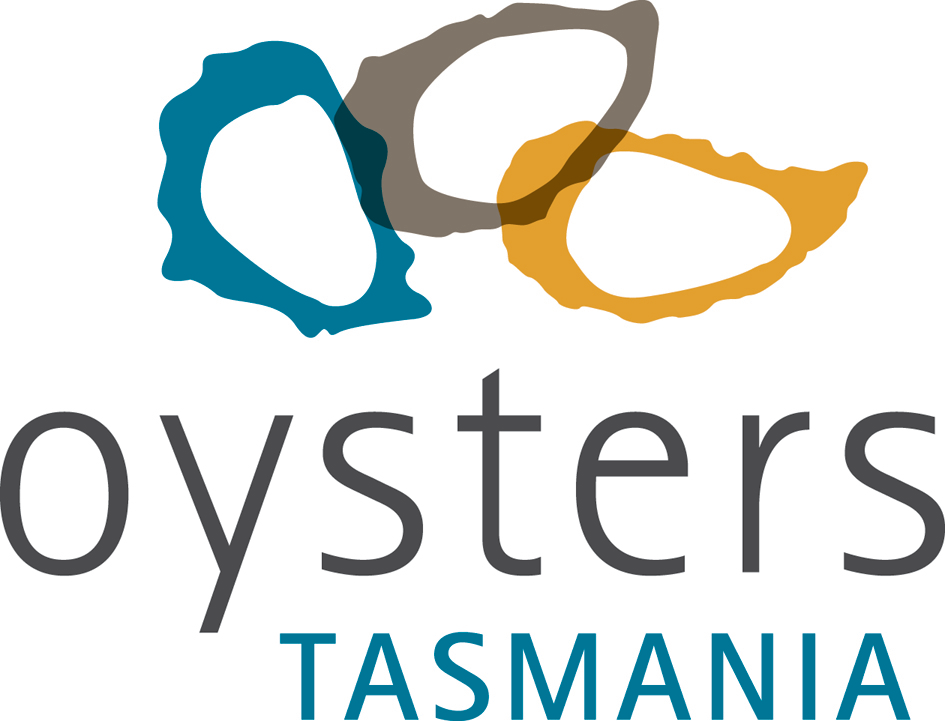Search for a resource
Students at Kings Meadows High School are getting a taste of life on the land through an innovative project that brings the latest farming technology directly into their learning environment.
The Digital Ag Tech on School Farms project equips Tasmania’s future agricultural leaders with hands-on access to real-time weather and soil data, providing an immersive learning experience that bridges classroom theory with practical farm insights.
Delivered by Ag Logic in partnership with the Hagley Farm School Agricultural Learning Centre, the project is proudly funded by the TAS Farm Innovation Hub through the Australian Government’s Future Drought Fund.
Initially, networked weather stations and soil moisture probes were installed at three government school farms:
This year, the project expands to include:
These advanced tools deliver real-time local data directly into the classroom, enabling students to understand how weather and soil conditions influence crucial farming decisions such as planting, irrigation, harvesting, and crop protection during extreme weather events.
“Students will be able to access vital information such as temperature, humidity, wind speed and direction, and rainfall - all critical elements that affect daily farm activities,” explained Marek Matuszek from Ag Logic.
“They’ll also receive alerts for frost and heatwaves, along with data on evapotranspiration, which estimates crop water usage. This hands-on learning brings the realities of the farm straight to the students’ fingertips.”
According to Andrew Harris, Statewide Coordinator of the Revitalising School Farms initiative, the project is a powerful example of how collaboration with industry can transform education.
“It’s about preparing students for the modern ag sector - giving them hands-on experience with the tools that are shaping the future of farming,” he said.
“Bringing this advanced ag tech to urban schools like Kings Meadows is a huge step forward. It shows that modern farming is relevant everywhere, and that students don’t need to live on a farm to engage with the future of agriculture.
“For Kings Meadows High School, this visit is a fantastic opportunity to connect students with the agricultural world beyond the urban environment.”
Sandra Knowles, Director of the TAS Farm Innovation Hub, emphasised the importance of exposure and opportunity.
“Providing urban students with hands-on experiences like this opens doors to agricultural careers they might not otherwise explore,” she said.
“It’s vital that all young people, regardless of where they live, have the chance to understand and engage with farming - especially as agriculture evolves to meet climate challenges and food security demands.
“Introducing these tools to students in both rural and urban settings is key to preparing all young people for the challenges of climate change and drought. It’s about empowering them with the knowledge and skills to thrive in a changing world.”
Teachers interested in training on using the weather station and soil moisture probe data can contact Andrew Harris at the Hagley Farm School Agricultural Learning Centre on (03) 6392 2272. Professional learning sessions will be available later this year.
The TAS Farm Innovation Hub has announced five successful farmer groups selected to take part in a new pilot program designed to build long-term strength, connection, and resilience in Tasmanian farming communities.
The Farmer Group Support Pilot will provide each group with a 12-month support package valued at $55,000 per group to help reduce administrative burdens, strengthen group coordination, and support climate resilience activities.
The five successful groups are:
The pilot offers hands-on facilitation and flexible funding to help groups grow stronger, lead with confidence, and contribute to a more resilient farming future.
Director of the TAS Farm Innovation Hub, Sandra Knowles, said strong farmer groups are the backbone of connected, capable rural communities.
“Farmer groups play a crucial role in helping producers share knowledge, solve problems locally, and stay connected,” she said.
“But we know many of these groups are stretched thin - often run by volunteers who juggle the demands of farming with the effort it takes to keep a group going.
“This pilot is about removing some of those roadblocks and giving groups the support they need to plan ahead, grow their impact, and stay active in their communities.”
Each group will receive coordination services valued at $40,000, delivered through a dedicated Hub-based facilitator who will work closely with them to support planning, communication, engagement, and event delivery.
Groups will also have access to:
“This support is designed to let groups focus on what really matters - delivering meaningful outcomes for their members,” Sandra said.
“Whether that’s water efficiency, better decision-making, or tackling long-term challenges like drought, the program helps groups take action that’s relevant to their region and situation.”
One of the successful groups, Soil First Tasmania, welcomed the opportunity to build on the strong foundations they’ve established through volunteer efforts.
“We applied because, as a small volunteer-led group, we’ve achieved a lot with very little and saw this pilot as a chance to build on that momentum and to strengthen our organisation, said group Secretary Bec Addison.
“Soil First Tasmania has already shown the power of bringing farmers together to make positive change for soil health and sustainable agriculture.
“We’re excited that this pilot will give us the resources and direction we need to renew our group and expand our impact.
“We’re hoping to create a stronger, more sustainable organisation that can keep supporting Tasmanian farmers for years to come.”
Nick Lyttle from the King Island Beef Producer Group highlighted the group's motivation for getting involved with the TAS Hub initiative.
"We applied because we believe our members will benefit from the knowledge network of the TAS Farm Innovation Hub to improve their on-farm practices and alter their production systems to be more climate resilient,” he said.
“We are hoping to hold workshops that will stimulate, and in some cases, challenge, producers' thinking to improve their businesses to deal with more frequent weather extremes.”
The pilot builds on successful earlier work with the East Coast Primary Producers Association, which demonstrated the real impact of tailored support, particularly around administration and coordination.
“We’ve seen first-hand that when you back farmer groups with the right kind of help, they achieve great things,” Sandra said.
“Farmers have been clear - they want support that fits their local context and helps them take action, not just access more information.
“This pilot recognises the value of grassroots knowledge and gives farmer groups the tools to strengthen their leadership, planning, and impact.”
The program will also help test scalable, cost-effective support models for farmer groups, with insights contributing to the TAS Hub’s long-term strategy and potentially informing national approaches to drought and climate resilience.
“This isn’t just about helping five groups - it’s about learning how to deliver meaningful, efficient support that could be rolled out more broadly across Tasmania and beyond,” Sandra said.
The TAS Farm Innovation Hub is calling on farmer groups across Tasmania to apply for a pilot program that helps build long-term strength, connection, and resilience in farming communities.
The Farmer Group Support Pilot will assist five farmer groups through a 12-month support package valued at $55,000 per group.
The program offers hands-on facilitation and flexible funding to help groups grow stronger, lead with confidence, and contribute to a stronger farming future.
The Director of the TAS Farm Innovation Hub, Sandra Knowles, said farmer groups were vital for strong and adaptive farm businesses.
“Farmer groups are a fantastic platform for farmers to learn from each other, stay connected, and drive local innovation,” she said.
“We know that many groups struggle with limited time, money, and people to keep things running and this pilot is here to help change that.
“This pilot provides practical, flexible support that helps farmer groups with coordination and reduces the administrative burden of running a group, whilst also supporting groups to design and implement their own drought and climate resilience learning activities.
“It’s a great opportunity for farmer groups who want to do more for their members, grow their impact, and help Tasmanian farming adapt to a changing climate.”
Successful groups will receive facilitation and coordination services valued at $40,000, delivered through a dedicated Hub-based facilitator who will work closely with each group to support planning, communication, engagement, and event delivery.
In addition, each group will have access to up to $10,000 for group-led activities that encourage practical, climate-smart changes on farm, and flexible administration support up to $5,000.
This means less admin and stress for group organisers and more time focused on value for farmers. From saving water to navigating market shifts or improving pasture decisions, groups can focus on what matters most to their members.
This new pilot builds on earlier TAS Hub work with the East Coast Primary Producers Association, which showed that well-targeted support, including assistance with administration and coordination, can make a big difference.
“We’ve seen how the right support can unlock capacity and momentum in farmer groups,” Sandra said.
“Farmers are telling us they want more than information, they want connection, relevance, and support that reflects the realities on the ground.
“This program is designed to deliver just that - backing the groups that already know their communities and giving them the tools to go further.”
This pilot is also helping to test what scalable, cost-effective farmer group support might look like in the future. Insights from the project will inform the TAS Hub’s long-term strategy and may shape broader approaches to farmer engagement.
“This is your group’s chance to be part of something bigger,” Sandra said.
“To get support that’s tailored, flexible, and meaningful, and to help shape the future of how Tasmania backs its farming communities.”
To be eligible for the Farmer Group Support Pilot, groups must be based in Tasmania, with most members farming in the state; have an ABN and governance structure; hold (or be able to get) public liability insurance and be able to work within the University of Tasmania’s standard agreement process.
Expressions of Interest open 9:00am Friday 6 June 2025 and close 9:00pm Friday 4 July 2025.
The expression of interest package will be available on the Hub’s website from Friday 6 June: www.tasfarmhub.com.au
At this year’s Agfest, Tasmanian farmers can take part in a hands-on, practical demonstration covering centre-pivot maintenance and data-driven irrigation scheduling.
The free event on Friday, 2 May is being delivered by Pinion Advisory as part of the TAS Farm Innovation Hub’s Water Use Efficiency Project, funded through the Australian Government’s Future Drought Fund.
Presented by Dave McLaren, Senior Consultant for Water Resource Development at Pinion Advisory, and facilitated by Georgia McCarthy, Consultant in Ag Production and Adoption, this session will give farmers the opportunity to enhance their irrigation skills, ask questions, and explore solutions to save water and cut costs.
“This is a great chance for farmers to discuss practical, low-cost solutions that can make a big difference in how water is managed on their properties,” said Pinion Advisory Lead Consultant, Ag Production & Adoption, Jo Jones.
“The demonstration will include centre-pivot system maintenance, learning how to conduct basic performance checks, perform a live pressure test, and troubleshoot common issues to avoid problems like underwatering, nutrient leaching, and unnecessary labour costs.
“We will also discuss data-driven irrigation scheduling to gain insights into tailoring irrigation strategies based on soil types and using data to increase water efficiency.”
Attendees will also receive free take-home resources, including fact sheets, how-to guides, and checklists to support best-practice irrigation on-farm.
“The current dry conditions around the state are a reminder of why we need to be as efficient as possible with the water resources we do have, and make sure we’re making every drop count,” said Hannah Lewis, Project Manager at the TAS Farm Innovation Hub.
“The Water Use Efficiency project has been shaped with industry collaboration, and importantly, with input from farmers across Tasmania, so the resources being developed are tailored to on-farm needs.
“The TAS Farm Innovation Hub is committed to making access to information on best-practice water use easily accessible, and providing opportunities for farmers to adopt management practices that not only make their farms more resilient to drought and climatic shocks, but also more productive and profitable.”
Since its launch in July 2024, the Water Use Efficiency Project has delivered valuable tools and resources on topics such as dam construction, water licensing, soil moisture monitoring, and irrigation scheduling.
Over the next six months, the project will roll out further resources focused on irrigation system design, investment decisions, and a short course for new irrigators. More information can be found on the TAS Farm Innovation Hub website here: https://www.tasfarmhub.com.au/water-use-efficiency-project/
Event Details – Agfest 2025
Members of the media and the public are invited to attend the following event as part of Agfest 2025:
When: Friday, 2 May 2025
Time: 10:30 AM – 11:15 AM
Where: Blackley Pipelines & Irrigation Stand – Corner of Main and Fourth Ave (Sites M34 and M36)
The Hub is one of eight across Australia and is based at the Tasmanian Institute of Agriculture (TIA) at the University of Tasmania, working in partnership with industry and the community to support farm resilience and sustainability.
Tasmania’s next generation of agricultural leaders is set to gain hands-on experience with cutting-edge technology, thanks to a new initiative bringing real-time weather and soil data directly into the classroom.
The Digital Ag Tech on School Farms project will be launched at Agfest on Friday, 2 May at 12pm, at site Seventh Avenue (710).
The project, delivered by Ag Logic in partnership with the Hagley Farm School Agricultural Learning Centre, is helping school students gear up for the future of farming. The initiative is proudly funded by the TAS Farm Innovation Hub through the Australian Government’s Future Drought Fund.
As part of the project, networked weather stations and soil moisture probes have been installed at three government schools:
An extension of the project this year will fund installations at:
These state-of-the-art tools will feed real-time local data into lessons, helping students understand the impact of weather and soil conditions on farm decisions such as planting, irrigation, harvesting, and protecting crops from extreme weather.
“The information students will access includes temperature, humidity, wind speed and direction and rainfall — key factors that influence farm work,” said Marek Matuszek from Ag Logic.
“They’ll also get alerts for events like frost or heatwaves and data on evapotranspiration, which helps estimate how much water crops are using. It’s practical, real-world learning that connects the classroom to the paddock.”
The new installations will also become part of a broader statewide network of 51 weather stations and 44 soil moisture probes across Tasmania’s farming regions — initiatives previously funded by the TAS Hub.
According to Andrew Harris, Statewide Coordinator of the Revitalising School Farms initiative, the project is a powerful example of how collaboration with industry can transform education.
“With this new rollout, five government school farms and one non-government school farm will have this advanced technology on-site,” he said.
“It’s about preparing students for the modern ag sector — giving them hands-on experience with the tools that are shaping the future of farming.”
Sandra Knowles, Director of the TAS Farm Innovation Hub, said the project is about more than just learning — it’s building resilience.
“This is a win for both education and climate preparedness,” she said.
“By helping students understand and interpret climate data, we’re fostering the next generation of agricultural professionals who will be ready to face challenges like drought and climate change head-on.”
Interested in getting involved?
Teachers looking for training on using the data from the weather stations and soil moisture probes can contact Andrew Harris at the Hagley School Farm Agricultural Learning Centre on (03) 6392 2272. Professional learning opportunities will be delivered for teachers in 2025/26.
The TAS Farm Innovation Hub is one of eight hubs nationally funded through the Australian Government’s Future Drought Fund. The Hub is based at the Tasmanian Institute of Agriculture (TIA) at the University of Tasmania and delivered through an extensive network of industry and community partners.
Photo/Interview opportunity: The project will be launched at Agfest on Friday, 2 May at 12pm, at site Seventh Avenue (710). Teachers, students and representatives from the TAS Hub and Ag Logic will be there for interviews. A weather station has also been installed at the TAS Hub stand at Seventh Avenue (710) for photos and filming opportunities.
Landcare Tasmania’s Farm Dam Enhancement (FDE) pilot project is supported by the TAS Farm Innovation Hub, through funding from the Australian Government’s Future Drought Fund.
The project will collaborate with a number of key organisations, including the Australian National University (ANU), the University of Tasmania and the Tasmanian NRMs, and support a number of local Landcare networks.
Designed to promote the uptake of practices and technologies for increased resilience to drought and climate variability in Tasmania, workshops will be delivered in three sub-catchment areas across the State (Lower Coal, Middle Leven and Lower Meander).
“We’ve connected with active, interested Landcare groups in areas with predominantly agricultural settings. We hope this project, supported by robust modelling of each area, will help Landcarers to identify priority on-ground work and improve catchment health,” said Landcare Tasmania chief executive officer, Peter Stronach.
“Farm dams play an important role in most Tasmanian landscapes, assuring water availability during dry periods for stock and irrigation and they also act as a refuge for key species in these agricultural landscapes,” he said.
The Farm Dam Enhancement project provides an opportunity to create demonstration sites that can be showcased to the community; and to deliver train-the-trainer workshops for practitioners working with landholders and field day events to engage Landcare groups.
The train-the-trainer workshops and field days will include the presentation of catchment health mapping to help guide future restoration works in the area. The workshops will equip land management professionals with the skills needed to support farmers in enhancing their farm dams for both biodiversity and productivity for the long term.
Senior research and extension officer David Smith, from ANU’s Sustainable Farms program, explained the findings from research conducted on the mainland. Landcare Tasmania Inc. ABN 50 622 521 764 Level 3, 65 Murray St, Hobart TAS 7000 p: 03 6234 7117 e: support@landcaretas.org.au
“Our team of ecologists have monitored water quality and biodiversity at 109 farm dams across NSW and Victoria over four years, to determine the benefits of fencing and enhancing farm dams,” he said.
“Research demonstrates that well-managed dams can deliver significant gains in terms of water quality and water security, as well benefits for biodiversity.”
“Our train-the-trainer workshops aim to equip Landcare facilitators and other professionals who work with rural landholders, with the most up-to-date knowledge and skills to empower people in their local farming communities to benefit from enhancing their dams.”
TAS Hub director, Sandra Knowles, said the project was an important element in the Hub’s efforts to help farmers strengthen their resilience to drought.
“On-farm water storage is essential for farm water security, particularly in periods of dry,” she said.
“Research has shown that farm dams that are managed for stock exclusion and with native vegetation can provide better quality water, retain water for longer and can enhance the natural values of the surrounding landscape.
“The Hub is pleased to be partnering with Landcare Tasmania and Sustainable Farms to set up the three demonstration sites across the state and support this important training for natural resource managers.”
Farmers are invited to a free workshop in Scottsdale next week to discuss weather forecasting, seasonal outlooks and climate projections specifically for Tasmania’s north east region.
The event is being delivered by the TAS Farm Innovation Hub and Resilient Farming Tasmania through funding from the Australian Government’s Future Drought Fund.
Adoption Officer with the TAS Farm Innovation Hub, Alex Russell, said the workshop provided an opportunity for conversations on understanding and managing future climate variability on-farm.
“We are pleased to host climate scientist Tom Remenyi for the Scottsdale event who will explain weather forecasting, seasonal outlooks and climate projections with a focus on mixed grazing in north east Tasmania,” he said.
“As a group, we will work together to identify specific climate risks and opportunities and discuss what strategies farmers can put in place to manage for future climate variability.
“The TAS Hub has worked with farmer and coordinator of a local farming group, Kevin Wagner, to promote the event, so we encourage farmers with questions about the weather, seasons and climate to come along and get involved in the discussions.”
Other speakers include Ben Leditschke from Moore Australia, Jason Lynch from Pinion Advisory and Tom Brown from Rabobank.
The workshop on Thursday, 7 November will be held at Lords Hotel, Scottsdale, from 10am-3pm. Registrations can be made here.
The TAS Farm Innovation Hub is one of eight hubs nationally funded through the Australian Government’s Future Drought Fund. The Hub is based at the Tasmanian Institute of Agriculture (TIA) at the University of Tasmania and delivered through an extensive network of industry and community partners.
The Resilient Farming Tasmania program works with individual farm businesses to prepare tailored and actionable Farm Business Resilience Plans that address the risks and opportunities associated with drought and other unexpected events.
Farmers and natural resource management practitioners are encouraged to attend an event in the Northern Midlands next month showcasing how revegetation can enhance farm health and productivity and strengthen climate resilience.
The paddock walk on Friday, 1 November, will explore managing native vegetation on farms for climate resilience and bug biodiversity.
It is being delivered by the Tasmanian Land Conservancy with support from the TAS Farm Innovation Hub through funding from the Australian Government’s Future Drought Fund.
The Midlands Conservation Partnership Coordinator at the Tasmanian Land Conservancy, Pierre Defourny, said the event was an excellent opportunity to see revegetation in action.
“The paddock walk will be held at Milford, a 1,875-hectare mixed farming enterprise, and is the final event from a project funded by the TAS Farm Innovation Hubwhich saw 97ha of farmland planted in the Midlands with over 60,000 native trees, shrubs and grasses over the last two years,” he said.
“This field day will cover different approaches to managing or re-establishing native vegetation on farms, to maximise ecosystem services and climate resilience and provide habitat to a range of species which can make an important contribution to farm health and productivity.
“Landholders Jan and Geoff Hamilton have already re-established close to 70ha of native vegetation on Milford since purchasing the property about 10 years ago, and we are encouraging people to come and see this amazing work for themselves.”
The Director of the TAS Farm Innovation Hub, Sandra Knowles, said the Hub was pleased to be able to support such an important project to help strengthen drought resilience in the Midlands.
“This project is a great example of how restoring native vegetation on farm can positively impact on farming enterprises, and in particular, helping farmers be more resilient to drought and a changing climate,” she said.
“The benefits include helping to raise the water table, preventing rainfall run-off, improving soil health, and providing shelter for animals during the dry weather.”
The paddock walk will look at three native vegetation sites, explore different approaches to manage revegetation of farms, and discuss biodiversity monitoring utilising the invertebrate habitat assessment tool.
Registrations can be made at this link and are essential by Monday, 28 October.
The TAS Farm Innovation Hub is one of eight hubs nationally funded through the Australian Government’s Future Drought Fund. The Hub is based at the Tasmanian Institute of Agriculture (TIA) at the University of Tasmania and delivered through an extensive network of industry and community partners.
Leading agritech startups from across the globe will visit Launceston this month to pitch their ground-breaking agritech solutions to farmers, investors, students, and agri-service providers.
The TAS Farm Innovation Hub is partnering with Foodtech Tasmania for the event at UTAS Inveresk Campus on Monday, 21 October.
The TAS Hub’s Business and Operations Manager and Innovation Broker, Tony Vaea, said it was a great opportunity for people to connect with inspiring innovators and explore how cutting-edge solutions could shape the future of Tasmania’s agriculture.
“It’s a great opportunity to hear about the global agritech trends reshaping the industry, with a special focus on how these advancements can benefit Tasmania’s agricultural sector,” Mr Vaea said.
“Participants will discover how Tasmania can tap into the power of global agritech solutions to foster resilience and growth in a rapidly evolving sector.”
The Managing Director of Foodtech Tasmania, Tom Woolley, said a highlight of the evening would be an engaging Shark Tank-style session featuring startups from across the world.
“We will have representatives from startups from Mexico, Kenya, the USA, and Canada who will pitch their ground-breaking agritech solutions to a panel,” Mr Woolley said.
“This includes innovation such as revolutionising waste management through acoustic drying technology and also a scalable crowd funding model for restoring soil health in degraded agricultural land.”
Participants will have the chance to hear how these innovations could impact Tasmania, ask questions, and even vote for their favourite pitch. A panel of experts will provide live feedback to the innovators.
The event on Monday 21 October starts at 4pmin room 119, Rivers Edge,UTAS InvereskCampus, Launceston. Bookings are essential via https://www.eventbrite.com.au/e/global-agritech-innovation-shaping-the-future-of-tasmanian-agriculture-tickets-1029490843827
The event has been made possible through funding from the Australian Government’s Future Drought Fund and Agrifutures Australia.
The TAS Farm Innovation Hub is one of eight hubs nationally funded through the Australian Government’s Future Drought Fund. The Hub is based at the Tasmanian Institute of Agriculture (TIA) at the University of Tasmania and delivered through an extensive network of industry and community partners.
FoodTech Tasmania is an accelerator program that supports startups in food, aquaculture, and agricultural technology, helping them develop innovative, sustainable solutions. Based in Tasmania, it offers mentorship, funding, and access to a global network of investors and partners to scale their businesses.
